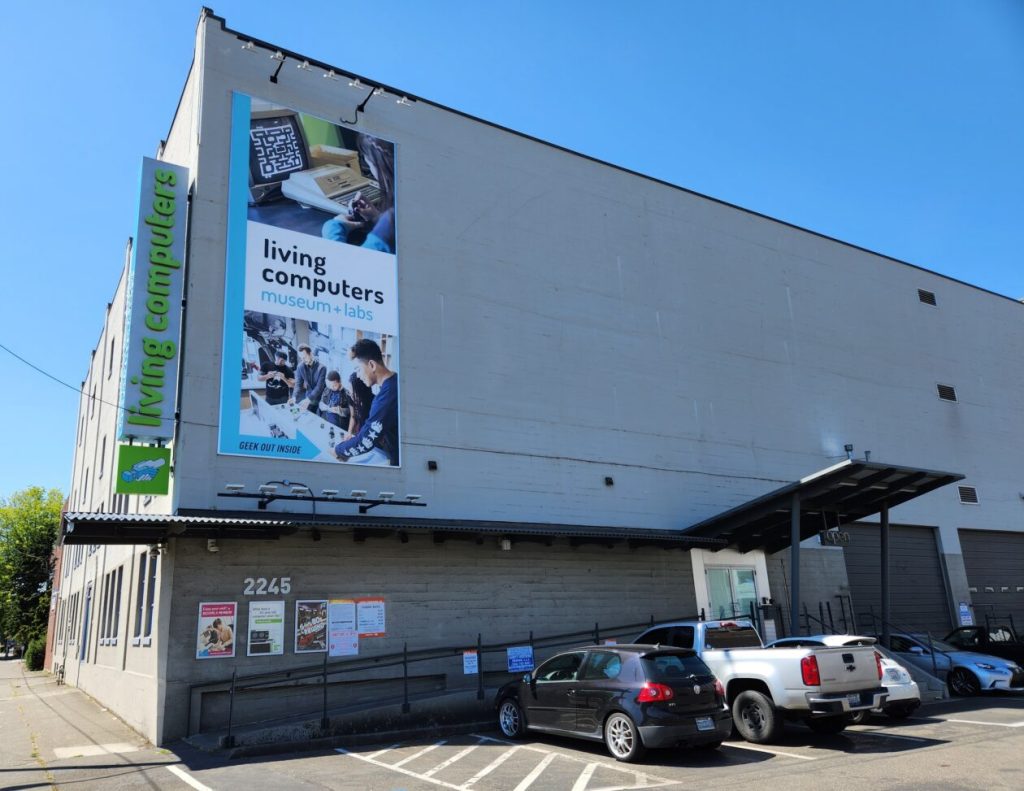Living Computers Museum + Labs in Seattle, created by Microsoft co-founder Paul Allen, has permanently closed, more than four years after shutting down near the start of the pandemic. Allen’s estate has confirmed the closure and plans to auction off some key pieces from Allen’s personal collection of computer artifacts. The proceeds from the auction will go to charitable causes, in line with Allen’s wishes. The auction, titled “Gen One: Innovations from the Paul G. Allen Collection,” will feature items related to first-generation technologies and pioneering minds.
The auction includes various items, such as a computer that Allen helped restore and worked on with Bill Gates before founding Microsoft. Other auctions will showcase scientific achievements and art related to interplanetary travel. Christie’s, the auction house, describes the collection as a unique chronicle of human science and technological ingenuity, assembled by a founding father of modern computing. The auctions are expected to generate substantial interest due to the historical significance of the items being offered.
The closure of Living Computers Museum marks the end of another chapter in Allen’s legacy in Seattle. The museum was a valuable resource in the city, providing historical context, educational opportunities, and immersive experiences around technology. The facility showcased another of Allen’s unique collections, much like Seattle’s Museum of Pop Culture displayed his music and science-fiction items. The permanent closure highlights the importance of preserving and sharing the history of technology, which has been transformational to the community over many decades.
The museum initially opened in 2012 and expanded in 2016 to include hands-on computer science learning labs. It housed the world’s largest collection of fully-restored supercomputers, mainframes, minicomputers, and microcomputers. Living Computers became a hub for tech enthusiasts and showcased significant artifacts such as the Control Data Corporation 6500 supercomputer and an Apple I computer from Steve Jobs’ office. The museum’s closure in 2020, attributed to the COVID-19 crisis, aligns with Allen’s estate’s efforts to sell his assets posthumously.
Despite the museum’s closure, some of its vintage emulated systems have been acquired by the nonprofit SDF.org, allowing users to run old programs as they would on physical machines. The auction of items from Allen’s collection and the preservation of some pieces in the community serve as a reminder of the importance of tech history. Though Living Computers Museum + Labs may no longer be open, the impact it had on showcasing the evolution of technology and inspiring future innovations remains a significant part of Allen’s legacy in Seattle and beyond.











